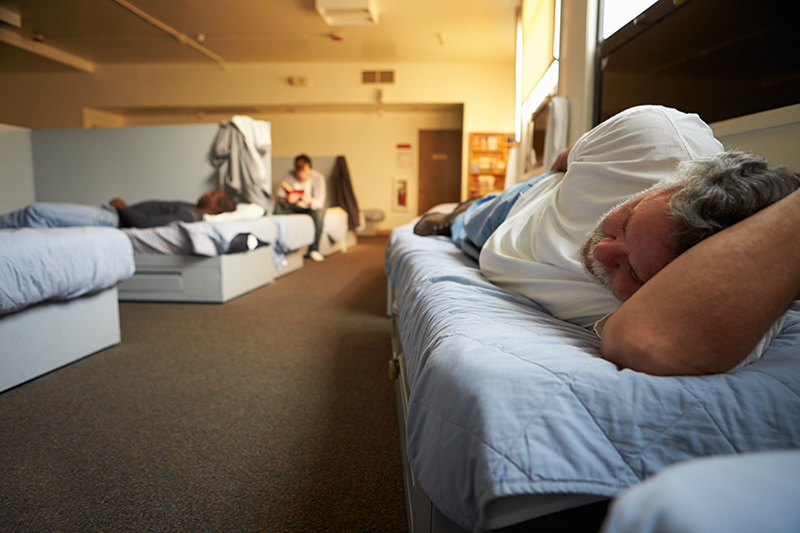In 2024, Eurofound continues to monitor trends in living conditions and quality of life, against the backdrop of the health-related and economic fallout of the COVID-19 pandemic, the implications of the war in Ukraine, rising energy prices, and increases in costs of living. Building on the various rounds of the Living, working and COVID-19 e-survey, as well as on data gathered in 2023, the Agency investigates the impact of these challenges on the living conditions of Europeans.
The European Working Conditions Survey (EWCS) commences in 2024, including some questions on working conditions and living conditions relevant to the aftermath of COVID-19. The European Quality of Life Survey (EQLS) follows in 2026 using lessons drawn from the 2024 EWCS.
Research concludes on identifying groups not covered by social protection, due to coverage gaps and non-take-up of minimum income and unemployment schemes. It also looks at adequacy of these benefits, digitalisation of application procedures, linked service entitlements and sanctioning measures. Eurofound also publishes its findings on EU citizens’ rights and opportunities to live independently. It analyses the situation faced by various vulnerable groups and provides an overview of measures that facilitate family- and community-based care and support in the Member States.
Building on previous work on young people, research concludes on the life and prospects of young people in the post-pandemic era. Using new data collected in 2023, this research assesses the long-term impact of the pandemic on this group, looking into changes in the social situation of young people, as well as their quality of life, mental health and future prospects.
Analysis of the monitoring framework of the European Child Guarantee comes to an end in 2024, while new research starts to support national governments and the EU institutions in the implementation and evaluation of the Child Guarantee since it came into force. This work investigates the Member States’ levels of performance and their disparities, building on its previous work on convergence. It focuses on the workforce needed to deliver the Child Guarantee in areas of early childhood education and care, education, healthcare and other relevant sectors.
Considering the importance of care provision in EU societies, new research investigates informal care provision in the EU, the challenges faced by informal caregivers, and the measures in place to support them. This research considers care provided to people of all ages, while taking into consideration the diversity among informal carers.
Eurofound launches new research on mental health services, investigating trends in and prevalence of mental health problems for different groups and how these needs are met in various countries in light of the pandemic and the arrival of Ukrainian refugees.











